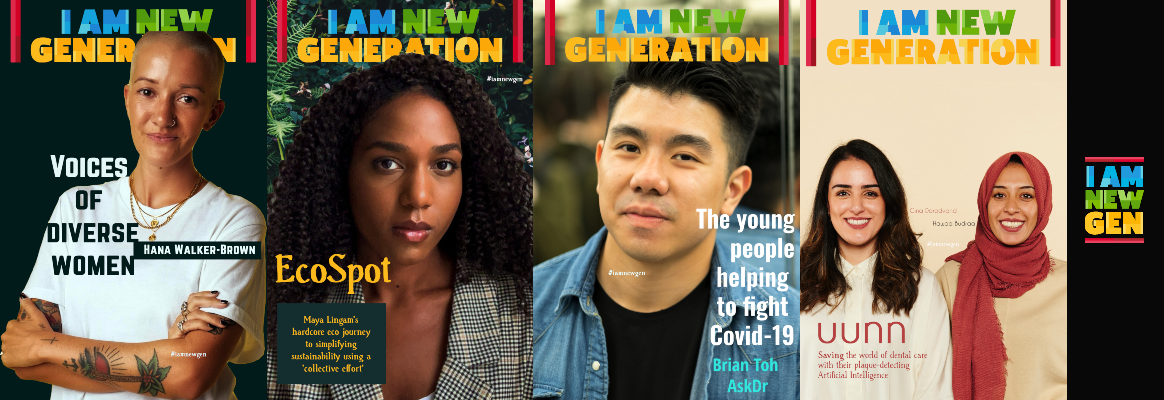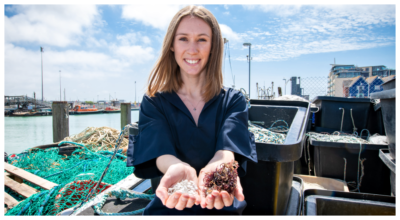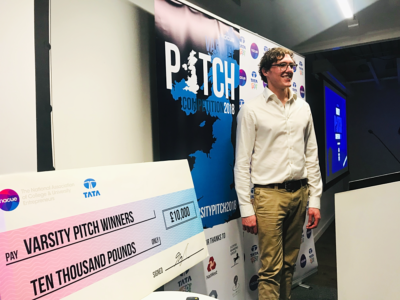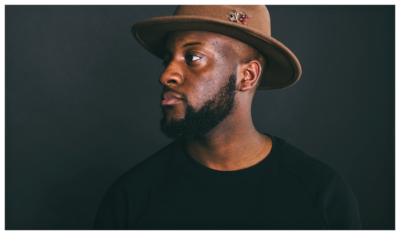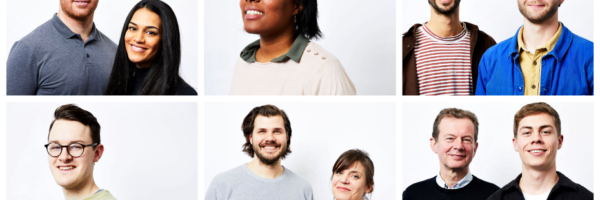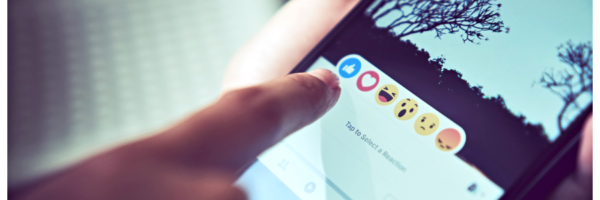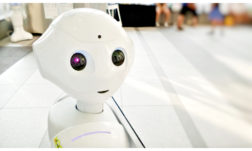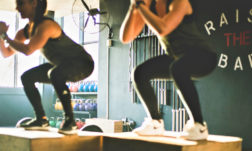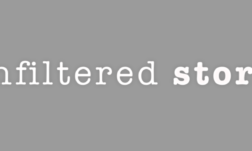Plastic waste usage continues to be on the rise in several parts of sub-Saharan Africa, with Sierra Leone being among them. So, how are they using entrepreneurship to work towards ending the use of plastic?
I recently spent a month in the capital city Freetown, where I noticed when walking to the famous Sani Abacha Street market, the large dumps of waste that remain on river beds surrounding the populated streets.
Last year, the country’s ambassador to Germany, Dr M’Baimba Lamin Baryoh, met with a team of investors to discuss investing millions of dollars to battle the country’s plastic waste problem.
One of the main discussion points was the interest in recycling used plastics, turning them into useful materials that will not only lessen the issue of plastic waste but create jobs.
Since this meeting in May 2019, it’s still unclear when these plans will be set in motion, where the money will come from, and how exactly plastic waste will be reduced.
Plastic waste has been an issue in many of the slums bordering Freetown.
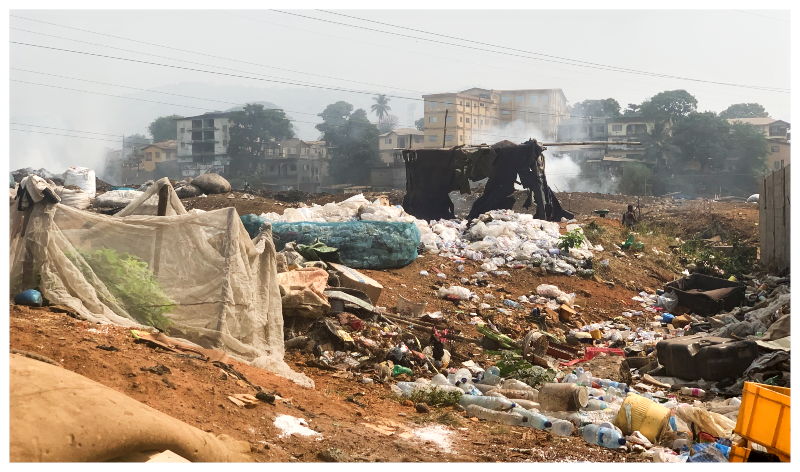
Items such as plastic bottles and sachets cause serious clogging issues in drains and therefore cause awful flooding.
The UNDP reported Sierra Leone to be among the top most vulnerable countries to climate change.
Let’s take the devastating landslide that killed thousands in Freetown in August 2017 – it illustrates how the accumulation of plastics in drainage systems, conveys many parts of the problem.
The flooding displaced thousands of slum dwellers in the city of Freetown alone, causing deep financial losses.
During my time in Freetown, I have come across many promising Sierra Leoneans who are passionate about wanting to put a stop to the root of the problem of many of these devastations – by raising awareness of just how we could do our individual roles in looking after the environment.
They are not only just advocating towards banning plastic waste, but creating companies providing jobs within these sectors, and therefore also helping to tackle issues of unemployment.
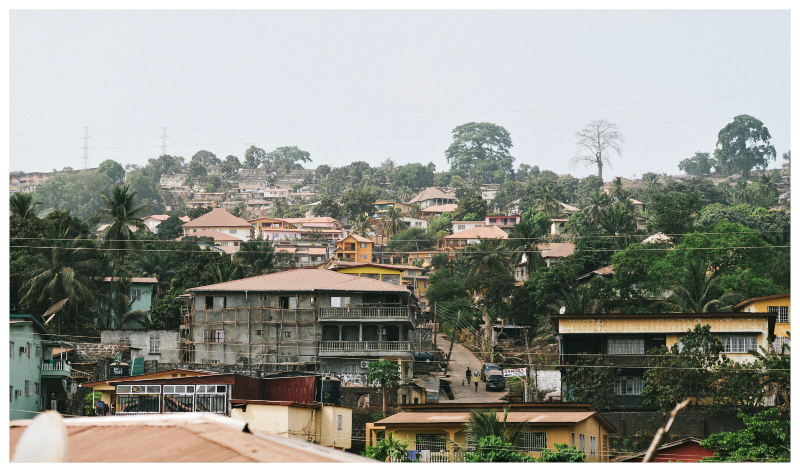
I got to spend time with entrepreneur Morris Marah, who has just built a new plastic waste factory in Bomeh, called Leone’s Plastics (Le Plastics), a part of Freetown known for its several waste dumps, where you’ll find many local residents searching through the dumps to find plastic which they can then sell.
Whilst walking through this dump site in Bomeh, my curiosity as to what is attracting so many young people across the country to become activists for climate change widens.
Morris starts by telling me why he cared so much that he decided to actively do something about it.
He says: “The environment is something that I’m so passionate about, and it’s something I am willing to lay my life down on the line for, seeing us as a generation changing and doing the little we can to save our planet.
“Plastics for me is one of those situations where everywhere around me; I’m seeing it wasted and it’s affecting everything. It’s in the ocean.
“We are in a coastal place. The other day we were walking on the beach and there were plastics everywhere.
“And just outside of this factory, you could see people out there, families and children, walking and searching through the plastics.
“The case for Sierra Leone is that we have no out taker. What I mean by that is we have no one physically removing plastics from the environment.
“So for me, it seemed like a really big idea to take on at the time, and to try and be like, we’re going to be pushing the boundaries on trying to be somebody who’s removing plastics from our ecosystem and our communities.
“And people would say to me that it’s a $42 million idea and that you have no other choice but to think of it that way – if we want to do it, we have to have the trucks and all these things.
So my team and I said, let’s just start with a space, first.”
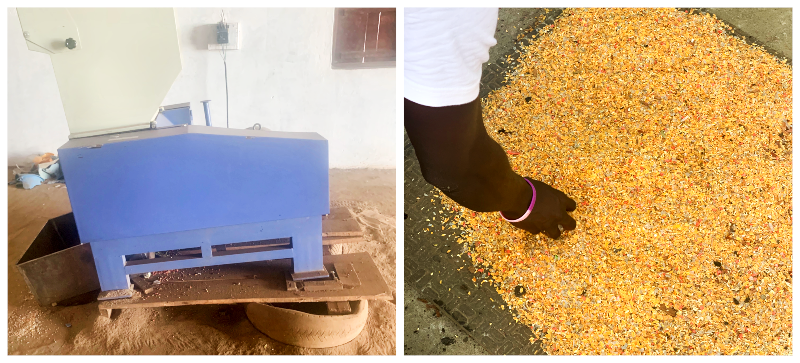
The project run by Morris with the help from his small team is called Leone’s Plastics and has been in the works for three years.
From managing the construction phases of the project, getting the warehouses ready, setting up the offices, and getting water and electricity, they’re also looking into how they can create value for the communities.
Morris: “We’re buying plastics from the communities here in Bomeh, where our factory lives, and we really are learning along the way to see how it works.
“We buy the plastic from them, and turn it into reusable plastic. Less waste on these dump sites will mean more positive impact.”
The burning question I’ve been asking locals and people just like Morris creeps into my mind again.
Does Africa care about climate change? And are there many African individuals who actually want to make a difference?
Morris: “Absolutely. There are many, many Africans that are passionate about the environment.
“Plenty of us grew up with respect for the environment because Africans are always fed by the environment, and kept alive by the environment, so there is no African outlet that doesn’t have respect for the environment.
“At the end of the day, look at what is happening globally, how much emission do we contribute as Africa, as a continent? Very little.
“So what I’m saying is that Africans are just trying to keep up with what is happening, how they can really create and offer solutions to deal with the rapid rate at which our climate is changing around us.
“The more awareness we are creating amongst the population of young people in Africa is working, and they are slowly getting it.”
But not everyone gets it. I could see that whilst walking through the dump site with families living in unsafe conditions whilst trying to make ends meet by picking through bits of plastic to sell.
Climate change is the last thing on their agenda. This is home to them. They see dump sites every single day and it is normal to them. It’s all a process.
Individuals like Morris are trying to help these people, letting them know there is another way out, and by buying these plastics off of them, there is a hope to make their livelihoods better.
That’s part of the value he wants to see from this project, as well as the hopes of many Sierra Leoneans in the country – to see and create change.
Written By: Hannah Ajala – a freelance journalist currently roaming West Africa – @hannah_ajala
Images Copyright – I Am New Generation Magazine / Unsplash
More Stories
Share Your Startup Story: MarinaTex – the substitute to single-use plastic bags using ‘fish waste’
WASE – a social enterprise startup turning sewage waste into energy and clean water
Why I’m using my social enterprise profit to fight for social justice in sub-Saharan Africa
